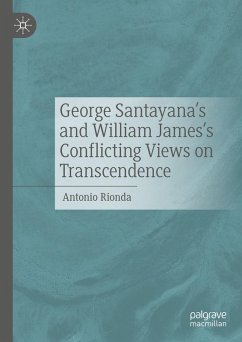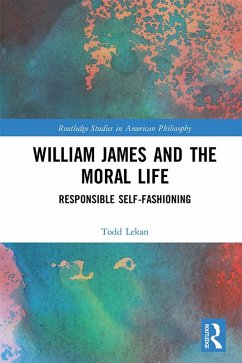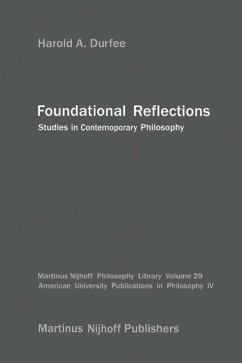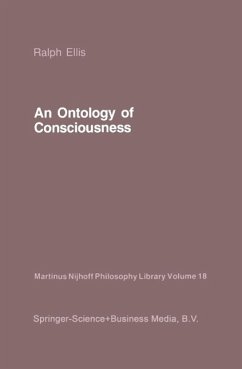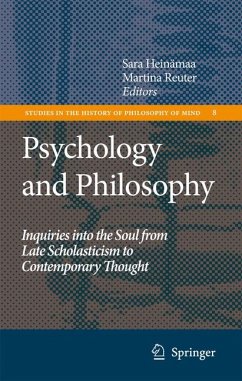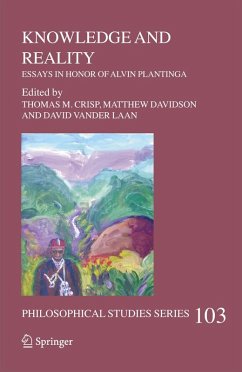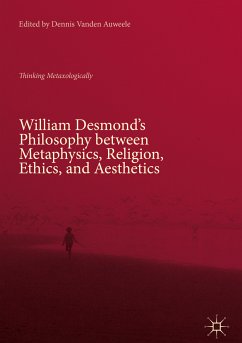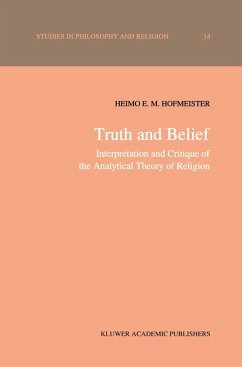
William James's Radically Empirical Philosophy of Religion (eBook, PDF)
Versandkostenfrei!
Sofort per Download lieferbar
88,95 €
inkl. MwSt.
Weitere Ausgaben:

PAYBACK Punkte
44 °P sammeln!
This book takes a stand against and critiques readings of William James that do not pay attention to the metaphysics of experience. Such interpretations overlook the first mentions of radical empiricism in James's Will to Believe argument. By attending to James's metaphysics of experience, this book argues that James's universe is a "quasi-chaos" of becoming in our relations with nature and other people, so that things independent of us relate, evolve, and change in space and time. James's metaphysics of relations is what unifies his various psychological, poetic, mystical, and religious commi...
This book takes a stand against and critiques readings of William James that do not pay attention to the metaphysics of experience. Such interpretations overlook the first mentions of radical empiricism in James's Will to Believe argument. By attending to James's metaphysics of experience, this book argues that James's universe is a "quasi-chaos" of becoming in our relations with nature and other people, so that things independent of us relate, evolve, and change in space and time. James's metaphysics of relations is what unifies his various psychological, poetic, mystical, and religious commitments. These metaphysical implications have consequences for how James understood what metaphysics can do in philosophy, how it relates to theology, what we can say about his will-to-believe argument, mysticism, free-will, God's finitism, the problem of One and the Many, and panpsychism.
Dieser Download kann aus rechtlichen Gründen nur mit Rechnungsadresse in A, B, BG, CY, CZ, D, DK, EW, E, FIN, F, GR, HR, H, IRL, I, LT, L, LR, M, NL, PL, P, R, S, SLO, SK ausgeliefert werden.



